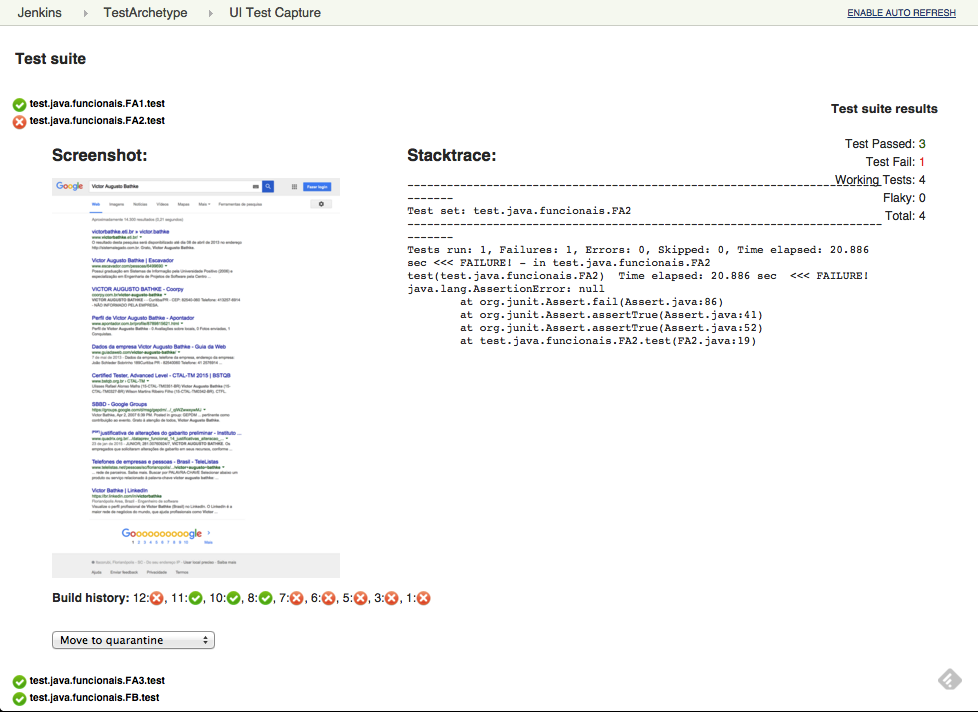Jenkins Review: Is It Worth It? Pros, Cons, and Pricing
Jenkins is a highly customizable and extensible automation tool known for its robust integration capabilities and cost-effective solutions. It excels in managing continuous integration and delivery pipelines with its user-friendly interface and seamless deployment options.
The tool's extensive plugin ecosystem, support for various programming languages, and version control systems make it a go-to choice for diverse software development needs.
- Highly customizable and extensible
- Robust integration capabilities with other tools and frameworks
- Automates software development processes efficiently

Pricing
Jenkins is known for its open-source nature, providing cost-effective solutions for businesses of all sizes. The free availability of the tool makes it appealing for startups and enterprises looking to optimize their development workflow without a significant investment.
Reviews
Users across industries have praised Jenkins for its flexibility, scalability, and reliability in managing continuous integration and continuous delivery (CI/CD) pipelines. They appreciate its extensive plugin ecosystem, which allows for seamless integration with various technologies and tools.
Features
Jenkins excels in providing a wide range of features, including pipeline capabilities, extensive plugin support, and distributed builds. Its support for a vast array of programming languages and version control systems adds to its appeal as a versatile automation tool for software development.
Usability
With an intuitive interface and extensive documentation, Jenkins offers a user-friendly experience for developers and DevOps teams, enabling them to implement continuous delivery and automation practices with ease. Its community support and active user base contribute to its usability and reliability.
Deployment
Jenkins' seamless deployment options, including cloud-native environments and containerized deployments, make it a versatile tool for modern development workflows. Its adaptability to various infrastructure and environment setups elevates its position as a preferred choice for software development teams.



















